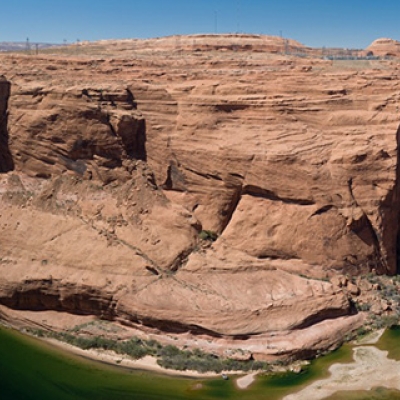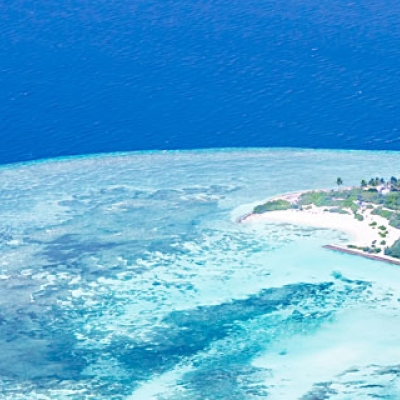
For U.S. Cities, Every Week Is “Infrastructure Week”
By Laurie Mazur / On July 29th, 2015
The Island Press Urban Resilience Project, supported by the Kresge Foundation, is working to promote a holistic understanding of resilience that is grounded in equity and sustainability.
It’s Infrastructure Week in Washington, D.C., and thousands of leaders from business, labor and government have converged on the city. They’ve come to ask Congress to invest in the unglamorous but essential systems of modern life — including transportation, clean water and the electric grid.





